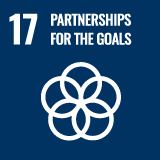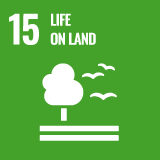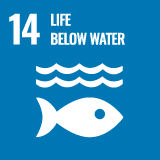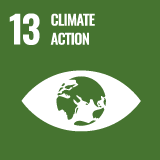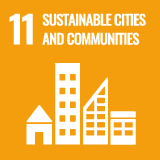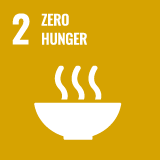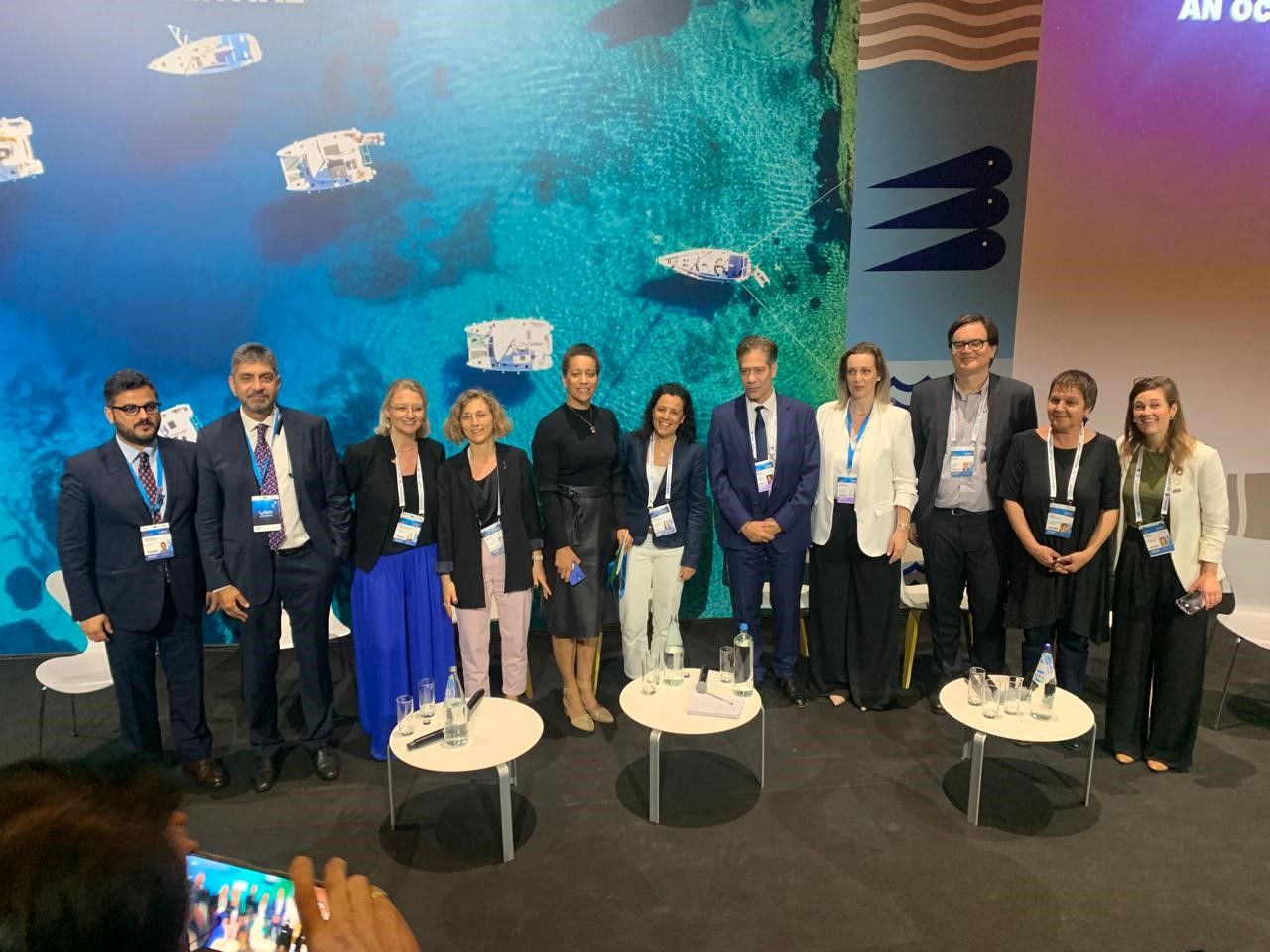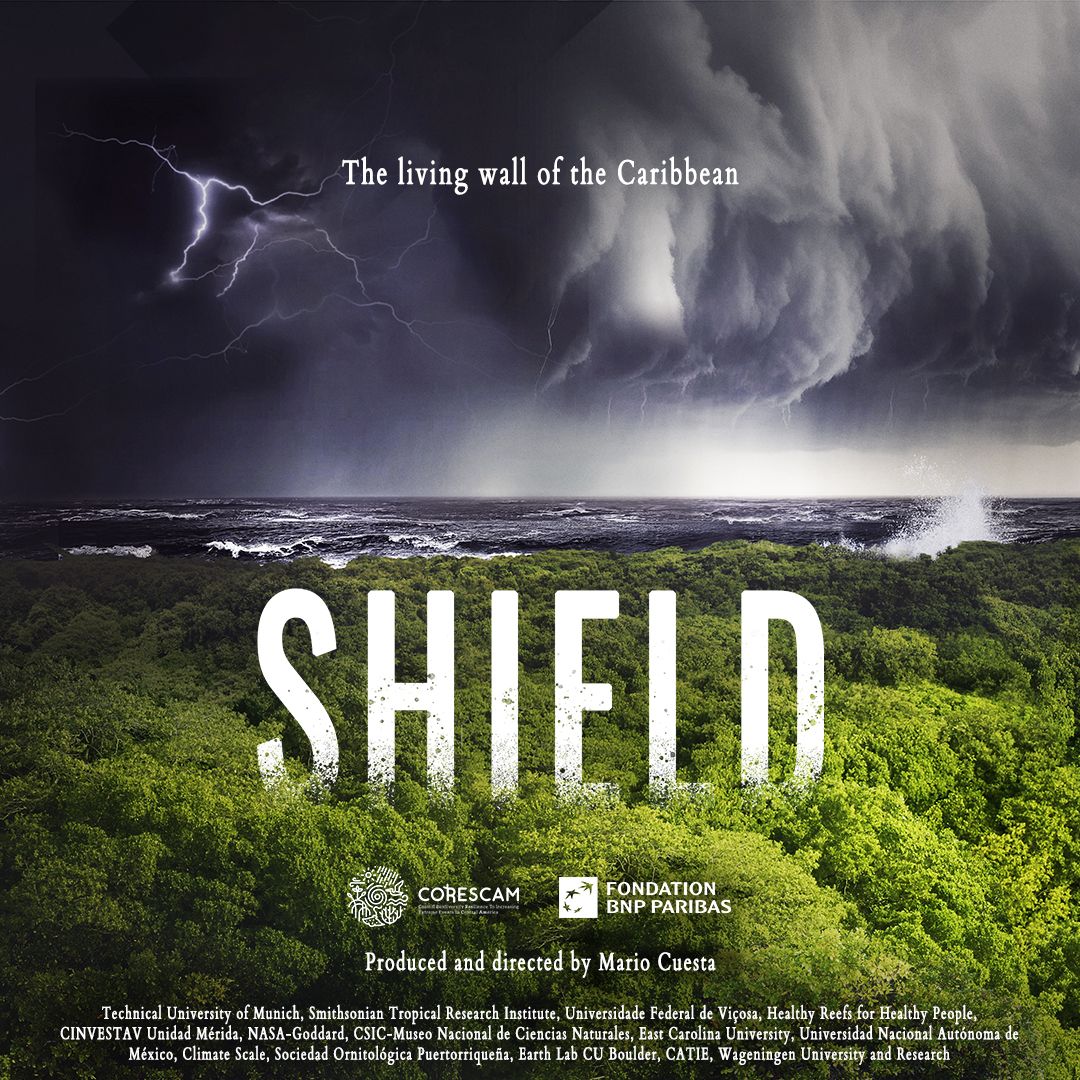The responses of mangroves and reefs to increasing extreme events in Central America and the Caribbean
What is CORESCAM?
CORESCAM is a research project that studies the stability of the coastal and marine ecosystems of Central America and the Caribbean in view of the increase in extreme climatic events (hurricanes, droughts, ocean heat, floods). Extreme events have been present in the region for centuries but have become more frequent and intense over the past forty years. We are, therefore, in the midst of a new climatic reality.
Mangroves and coral reefs are the reference ecosystems for the CORESCAM studies. Both systems have been threatened since the 1970s by overfishing, the overexposure of reefs by divers and by a surge in tourism, leading to the removal of mangroves to make way for hotels. The survival of mangroves and reefs may be compromised if the new climate reality is added to these pressures.. (see more)
Select your ecosystem
click here


















What are the objects of study of CORESCAM?
Last news
After a catastrophic 2023 Caribbean bleaching, mass bleaching
https://www.youtube.com/watch?v=jU6DZz2hVFg
Shield
Coming soon: CORESCAM miniseries.Directed by Mario Cuesta, CORESCAM has produced a three-chapter...
CORESCAM participates in the following Sustainable Development Goals
